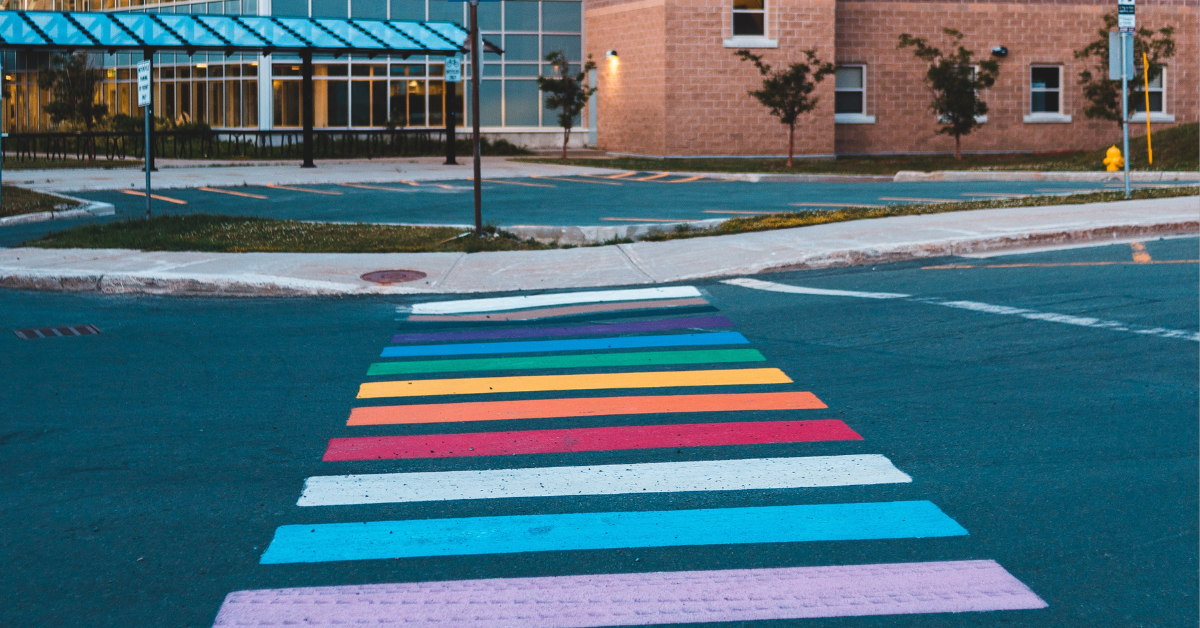
Linnaeus University and Malmö University host a conference on sexuality and migration at Linnaeus University (Växjö), 7-9 December 2022. Submit your abstract today!
This event will examine these themes through scholarly presentations, and in dialogue with practitioners and professionals working with migrants on themes of gender, sexuality and sexual health, with a focus on Sweden. The format will invite for methodological and epistemological cross-fertilization, and transdisciplinary dialogue.
Call for abstracts
The organisers invite theoretical and ethnographic contributions that address one or several of the following themes:
- Migrants’ sexual health and access to public health
- Sex education for young people with migratory background (in schools and beyond)
- Sexuality in civic educational programs
- The experience and positionality of LGBTQIA migrants and refugees
- Colonial regimes and postcolonial perspectives on intimacy
- Transactional sex and migration
- Transnational intimacies
- The complexities of oppression and violence related to notions of honor, in lived realities and migration debate.
Please send your abstract (max 250 words) by the 17th of October to . Selected participants will be notified by the 24th of October.
Background
Migrant intimacies are becoming increasingly visible in the scholarly and political debate on migration, internationally. Echoing Mai and King’s famous invitation (2009) for an “emotional” and “sexual” turn in migration studies, scholarship has growingly addressed the role that love and desire play in the choice of getting on the move, and in the ways migration and mobility occur. Affects, inevitably interwoven with material needs and aspirations, shape migratory circuits (e.g. Cole and Groes 2016, Groes and Fernandez 2010); transactional sex sustains transnational mobilities (e.g. Cheng 2010); the economies of sex trafficking interweave with local moral economies and dreams of social mobility (e.g. Plambech 2016).
At the same time, sexualities are the backdrop to discussing identity and belonging in progressive or – more often – conservative ways in several countries (e.g., Manalansan 2006, Puar 2007, Sabsay 2012, Turner 2017). Migrants’ sexualities are often framed as problematic in the debate on multicultural vs. assimilationist policies: Sweden is a case in point. There is a concern that gender relations and sexual practices and discourses within migrant communities will interfere with so-called integration: self-regulation and pedagogical interventions thus interact in forming the desirable sexuality of the good citizen (e.g. Farahani 2017; Bredström 2005). Migratory journeys, finally, exert a toll on individuals’ sexual health: migrants may lack information about, and access to, health services, while the health sector may be unprepared to decenter long-ingrained discourses on the body, gender and sexuality (e.g., Lay & Papadopoulos 2009; Salehi et al. 2014; Johnsdotter 2019).
About
The conference is hosted by Centre for Concurrences in Colonial and Postcolonial Studies (Linnaeus University) in collaboration with Malmö Centre for Sexology and Sexual Studies (Malmö University) and the Centre of Cultural Sociology (Linnaeus University), and funded by FORTE (Swedish Research Council for Health, Working Life and Welfare).

Recent Comments